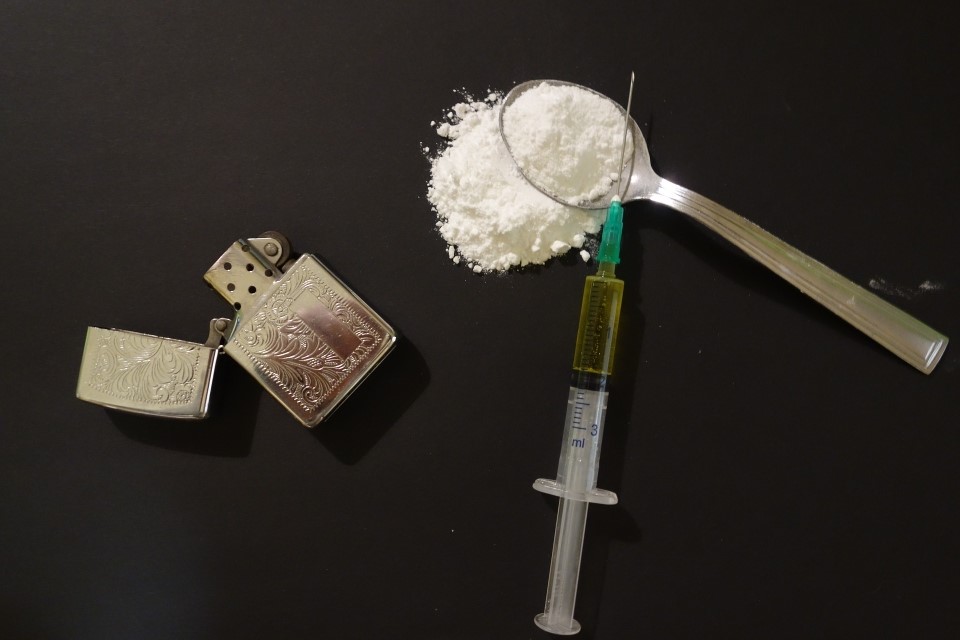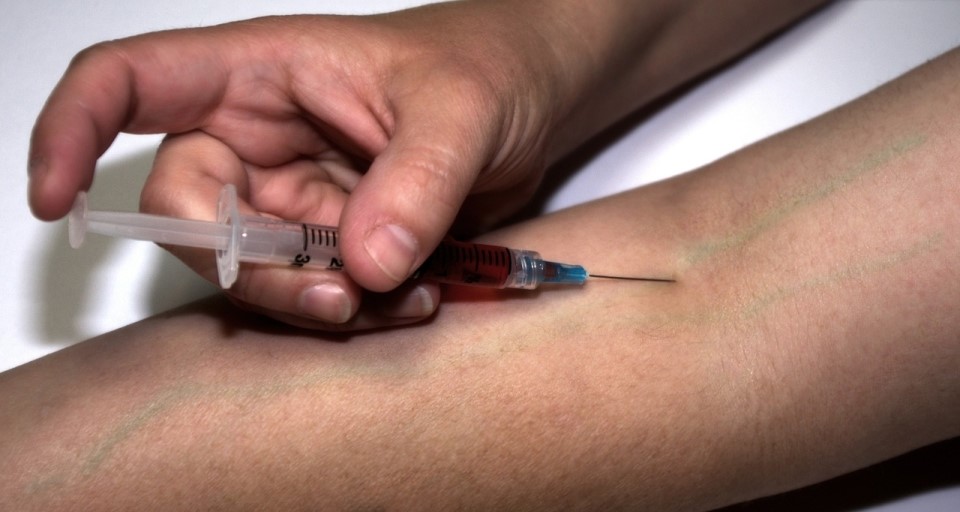Recently, a few celebrities have been caught using drugs of all kinds that are illegal in Korea. A member of the nation’s top idol boy band ‘BIGBANG’ was caught for smoking marijuana. Top, the boy band member, was caught last June. He smoked marijuana four times with a trainee singer in his house. In fact, his agent ‘YG Entertainment’ has been linked to several drug cases, such as when Park Bom smuggled amphetamines into the country or G-Dragon was caught smoking marijuana during his Japanese tour in 2011. Moreover, the son of Nam Kyung-pill, the governor of Gyeonggi-do was also arrested by the police for smuggling and injecting Philopon. Therefore, it is safe to say that Korea is no longer a ‘drug-free’ country.
 |
| ▲ the Number of drug crimes are rapidly increasing in Korea, unlike it had been known as a 'Drug-Free Country'. |
Prosecutors have dealt with 14,214 drug offenses committed in 2016, the largest number ever and drug offenses have been steadily increasing every year. Statistics shows that Korean society might prosecute more drug related criminals this year, as 11,754 were caught in total by September, 2017, a 10.9% increase from the same period last year.
Overall, drug crimes are focused around the individual. The rise of social media and shopping at foreign online malls has enabled drug distribution to be done in a more private way. Drug smuggling channels vary from express cargo and air mail to passenger airplanes. The flow of the drug market is not solely run by large underground cartels anymore. Normal people are easily accessing to drugs through online shopping, social media, and clubs. Drug buyers and dealers find each other through online chatting applications using slang as a disguise. For example, Philopon syringes are called ‘Ice Stick’. Seller and addicts use Bitcoin, an online current that is almost impossible for the investigators to track, in exchange for the illegal product.
Korea Customs Service and the Crown Prosecutor’s Office are aware of the current changes in drug crimes, according to their regular reports and press release. However, the crackdown on drug trafficking has been loose. Nam Kyung-pill’s son had his way through Incheon International Airport without being caught, despite Inchoen Airport having the strictest guards in Korea. “Philopon, the most commonly used drug in Korea, is colorless and odorless. Therefore, drug detection dogs have a hard time finding it. Customs officers are largely depending on intelligence and without any information beforehand, Philopon is hardly ever found when the smuggler goes through the airport,” said Park Sang-yoong, former chief of Pyeongtaek police in his recent interview with YTN.
Therefore, the Dankook Herald (DKH) conducted an interview with Jeon Kyung-su, President of the Korean Academy of Drug Crime. Mr. Jeon estimates that almost 10% of the Korean population is now addicted to drugs, especially Philopon, and the rate of addicts is increasing rapidly. People who take drugs are imprisoned or ordered to take psychotherapy, isolating them from the society. If someone is identified as a drug addict in Korea, the addict might undergo up to 12 months of psychotherapy. Treatment is provided by local government hospitals or the Ministry of Health and Welfare. However, prison and mental health hospitals cannot solve the fundamental problem of addiction: drug addicts lose their connection to society and the existing program responses lock them away instead of helping them rebuild those necessary ties.
 |
| ▲ The fundamental problem with Korean drug addicts is that they are not received proper medical or psychological treatments for rehabilitation. |
This problem is based on the lack of drug crime experts. Jeon Kyung-su said,” There are no colleges with majors dealing specifically with drug crime. Even if there were majors in drug crime, the current approach of isolating addicts from society will not change. Colleges need to develop a specific curriculum to deal with handling drug offenses and cultivate people width specialized knowledge of treatment for addictions. Professionals in this field are needed now because you cannot become an expert in the blink of an eye.” Mr. Jeon also recommended that the Korean government apply budgets towards building special hospitals, providing supplies, and training young therapists. However, as far as Mr. Jeon sees, from the pas and on to today, the government shows little sign of action on rehabilitating addicts.
On the other hand, in the Netherlands for example, the Dutch government has a serious approach to drug issues. Police authorities in the Netherlands’ strictly distinguished between users and addicts and transporters and dealers. The transporters and dealers are the main cause and blame for why the number of addicts keeps increasing. The Netherlands government offers a free rehabilitation programs for users and addicts instead of locking them up behind the bars or sending them to hospitals that cannot provide proper treatment. This shows how a profound understanding of drug crimes is important. The key to solving the problem would not be lackadaisical plan but rather a genuine understanding of the situation.
The lack of communication between the government and the addicts can lead to secondary crimes, such as murder, rape, and theft as a side effect of using drugs. To prevent this escalation of violence, the Korean government must make an effort to shut off the supply, restrain the demand through preventive education, and provide rehabilitation programs for addicts. This is the only way we can see a drug free future in Korea.
박채리, 박정수, 심형석 dankookherald@gmail.com

![[Campus Magnifier] Let's Surf the Library!](/news/photo/202404/12496_1765_4143.jpg) [Campus Magnifier] Let's Surf the Library!
[Campus Magnifier] Let's Surf the Library!
![[Campus Magnifier] Let's Surf the Library!](/news/thumbnail/202404/12496_1765_4143_v150.jpg)





